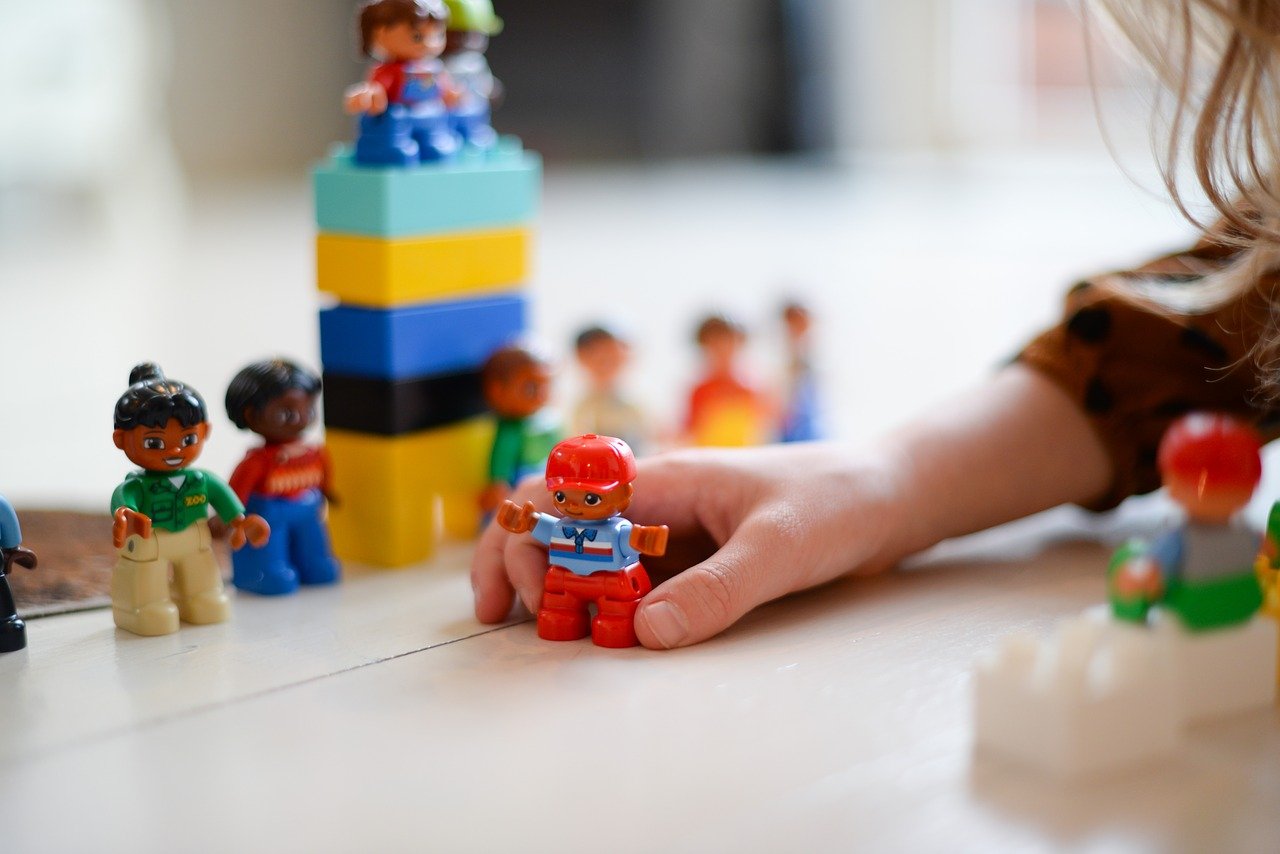Have you observed children while playing with dolls, trying to speak with them, emoting feelings and emotions? A multi-year study by Neuroscientists at Cardiff University explores the effect of doll play on children confirming that playing with dolls can prompt children to talk about others’ thoughts and emotions.
According to the latest findings conducted by experts from the School of Psychology’s Centre for Human Developmental Science and commissioned by Mattel (a renowned doll brand- Barbie), children talked more about others’ thoughts and emotions, a concept of social understanding called internal state language (ISL), when playing alone with dolls than while playing mobile or tablet games.
The researchers say that children who speak about others’ internal states, develop social skills, communicate efficiently when interacting with people in the real world, and potentially improve their overall emotional development.
The research begins with a first-time exploration of neuroscience on the impact of children playing with dolls and tablets, both by themselves and others. The year-one of study brought light to the evidence that doll play activates regions of the brain that allows children to develop empathy and social processing skills, even when they play by themselves more than a solo tablet play.
The data expands in the study’s second year that investigates the significance of what children speak while playing. Here, the researchers from Cardiff and King’s College London observed 33 children aged four to eight. The Study that used advanced infrared spectroscopy to investigate brain functions and activation found increased brain activity in the posterior superior temporal sulcus (pSTS) region when children spoke as though their dolls had thoughts and feelings. The pSTS region is heavily involved in the development of social and emotional processing skills.
The research findings suggest playing alone with dolls prompted more ISL about others than playing tablet games alone, and using ISL about others increased pSTS activation in the brain supporting the initial findings.
The lead researcher Dr. Sarah Gerson said- “Dolls encourage children to create their own little imaginary worlds, as opposed to, say, problem-solving or building games. They encourage children to think about other people and how they might interact with each other.”
“This can have positive long-lasting effects on children, such as driving higher rates of social and emotional processing and building social skills like empathy that can become internalised to build and form lifelong habits.” “ISL can indicate that a child is thinking about other people’s thoughts and emotions while playing with dolls,” said Dr. Gerson.
The pSTS activation talks about cognitive skill development in the child, and to this, Dr. Gerson further added, “These skills are really important for interacting with other people, learning from other people, and navigating a variety of social situations. It becomes important for making and sustaining friendships, and how they learn from their teachers and parents.”
Lisa McKnight, senior vice president and global head of Barbie and Dolls, Mattel, backing the research through the long-term partnership with Cardiff University, looks forward to uncovering the added benefits of doll play, grounded on neuroscience.
Reference
Salim Hashmi et al, Doll play prompts social thinking and social talking: Representations of internal state language in the brain, Developmental Science (2021). DOI: 10.1111/desc.13163




